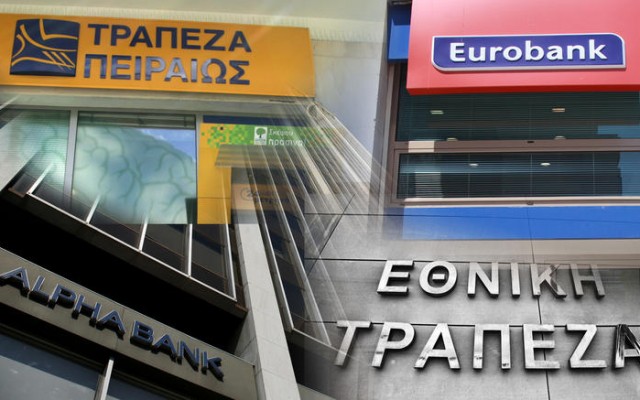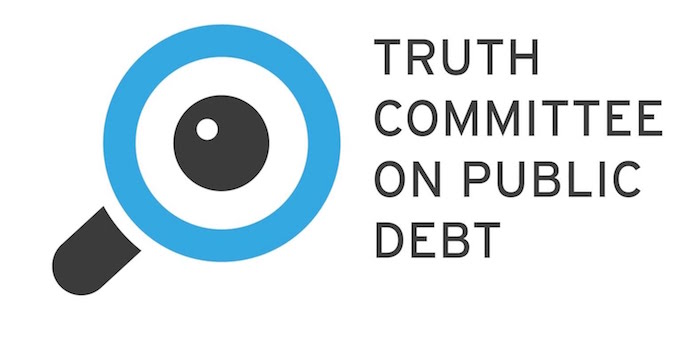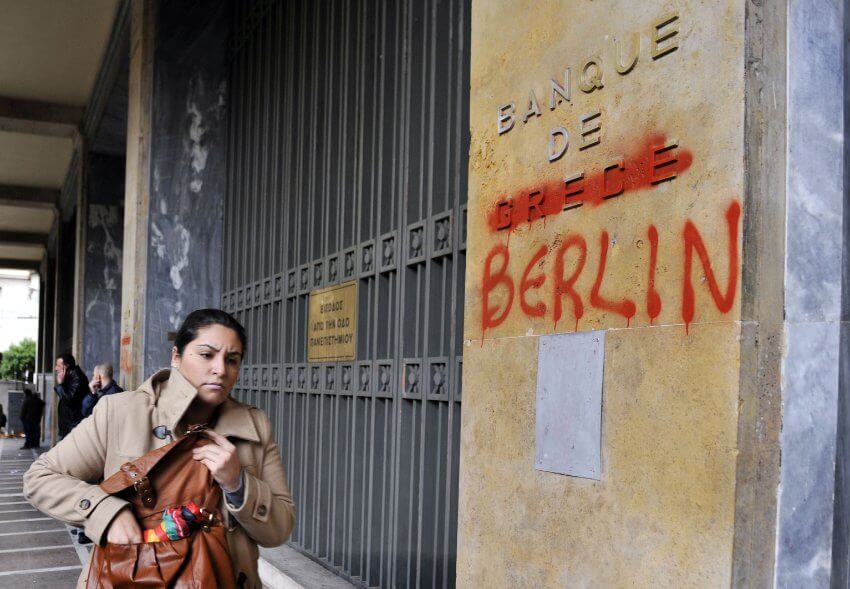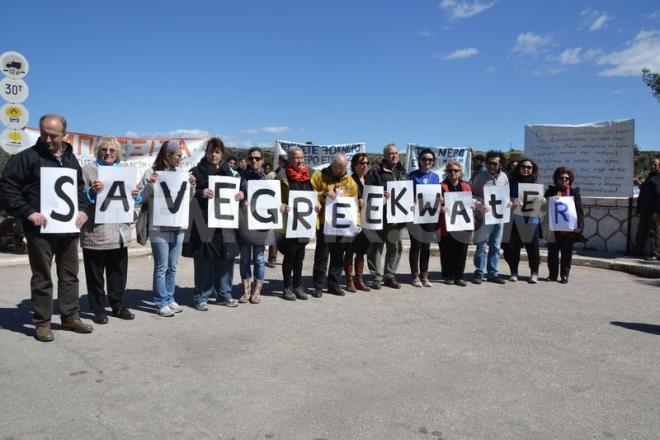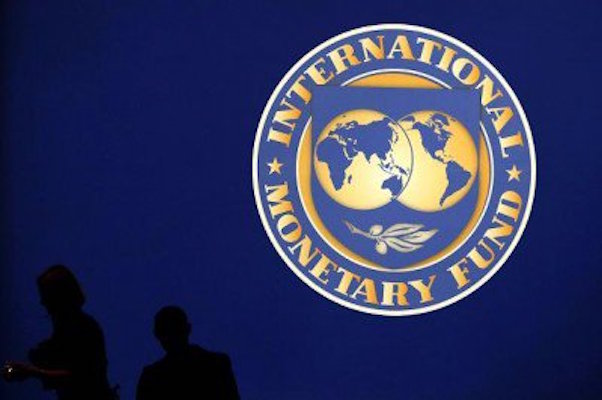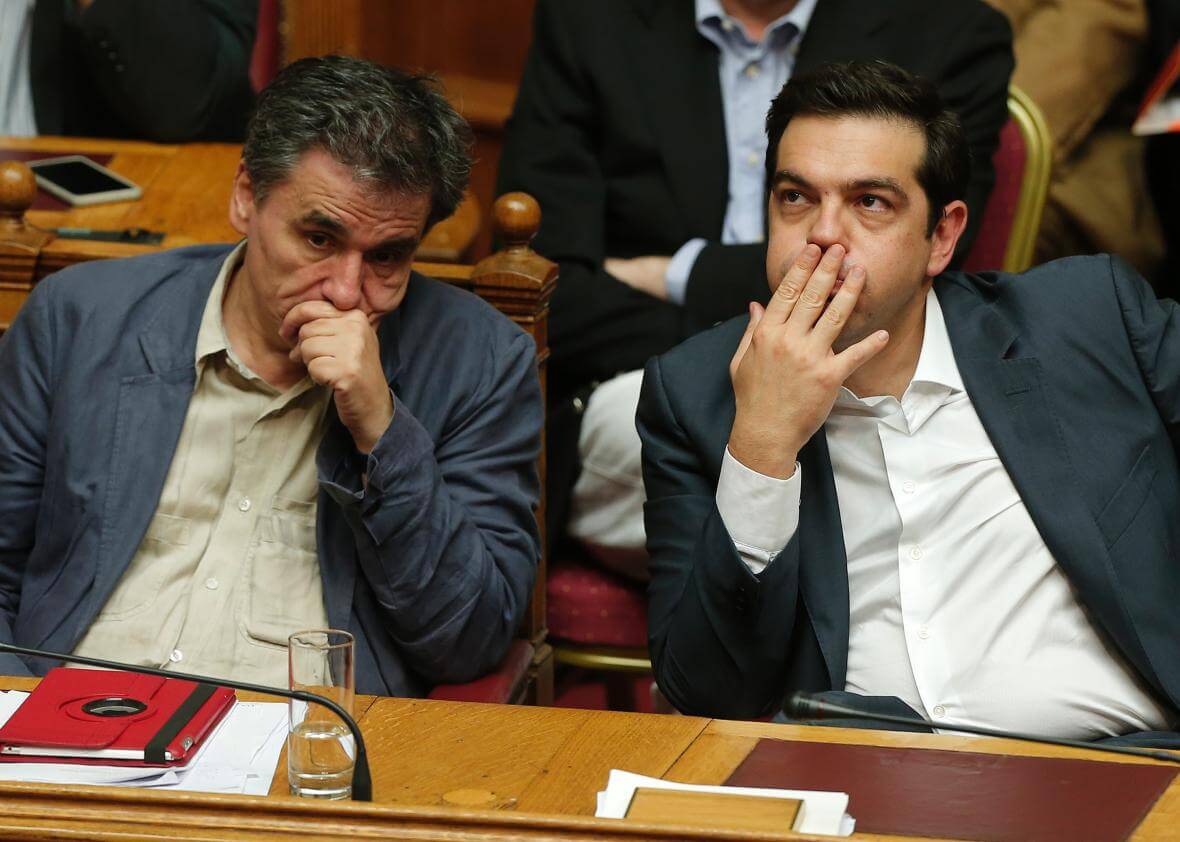Below the video follows the summary of the talk given at the European Parliament in Brussels by Eric Toussaint on 14 January 2016 on the occasion of the international meeting organized by the left-wing European Parliamentary Group GUE/NGL (European United Left/Nordic Green Left). The theme was “The ECB, Europe’s unelected government” (For the full programme, see http://www.guengl.eu/news/article/the-ecb-europes-unelected-government).
Eric Toussaint gave his talk on a panel whose moderator was Dimitris Papadimoulis, a Syriza MEP. Others speakers on the panel were Marika Frangakis, who heads the economics department of Syriza’s political secretariat, and Pearse Doherty, spokesperson on financial matters for the Irish party, Sinn Fein. On other panels held during this day devoted to the ECB were Gabi Zimmer, Die Linke MEP and president of GUE/NGL, Fabio Di Masi, also a Die Linke MEP, Miguel Urban, an MEP from Podemos, and Harald Schumann who made an excellent documentary on the Troika (see http://www.arte.tv/guide/fr/051622-000/puissante-et-incontrolee-la-troika). All the talks can be seen on video at http://www.guengl.eu/news/article/the-ecb-europes-unelected-government
1. Jean-Claude Trichet, president of the ECB, while the memorandum to be imposed on Greece in May 2010 was being drawn up, threatened to cut access to the liquidities needed by Greek banks if Greece asked for reduction of the debt.
During his audition before the Truth Committee for Greek Public Debt, Panagiotis Roumeliotis who represented Greece at the IMF from March 2010 until December 2011 before becoming vice-president of the Piraeus Bank, declared “Mr Trichet – then president of the
ECB – was among those resisting debt restructuring by threatening to cut Greece’s liquidities. In fact, Mr Trichet was bluffing in order to save French and German banks!”. See http://cadtm.org/Audition-de-Panagiotis-Roumeliotis
In 2015, under the presidency of Mario Draghi, the ECB carried out the threat made by his predecessor, Jean- Claude Trichet.
2. In May 2010 the ECB helped create the Troika which imposed measures that violated the fundamental rights of Greek citizens. The Truth Committee for Greek Public Debt’s report includes a list of measures dictated by the Troika (within which the ECB played, and continues to play, a key role) which result in the violation of fundamental rights.
Loans granted to Greece within the framework of the memorandum are used to protect the interests of the major private French, German and Greek banks even though they were responsible for the speculative credit bubble which began to burst in 2009.
3. Within the framework of the SMP (Securities Market Programme), in 2010-2011-2012 the ECB bought Greek bonds at a significant discount.
For the period 2010-2012, the total amount of Greek bonds bought up by private banks came to 55 billion euros. At the beginning of 2016, the ECB still holds bonds worth about 20 billion euros bought over that period, which Greece is expected to pay back by 2018.
By buying up Greek bonds on the secondary market, the ECB helped French, German, Greek and other banks to get rid of them, thus dodging the 2012 “haircut”. Moreover, the ECB buying large quantities of bonds on the secondary market also had the effect of raising the prices of these financial instruments. This enabled French, German and Greek banks to cut their losses when they sold them off.
In 2012, the ECB refused to take part in any restructuring and in July/August 2015 it demanded the repayment of 6.7 billion euros’ worth at face value.
Between 2011 and 2015, it clocked up large amounts of interest from Greek bonds (see below).
The way that the ECB used the Troika to organize restructuring in 2012 is scandalous and bears clear signs of illegitimacy.
The major French and German banks have mainly been spared, having had forewarning of the coming haircut, unlike the Cypriot banks that had bought huge quantities of Greek bonds and which were directly affected by it. Far more seriously, Greek pension funds, small Greek savers and workers at Olympic Airways were the direct victims of the haircut. The Greek pension system has yet to recover. On the other hand, the bonds’ fall in value meant that vulture funds were spared.
The ECB bought up Greek debt while imposing drastic conditions. There were times when, judging that the Greek authorities were not cooperating enough in implementing the measures dictated by the Troika, the ECB suspended bond-buying as a means of blackmail.
The ECB made profits at the expense of the Greek people
Although Greece owes the ECB less money than Italy or Spain, the ECB gets more interest from Greece than either of those countries. In 2014, the Greek government paid 298 million euros of interest on loans from the ECB, which amounted to 40 % of the 728 million euros of revenue that the ECB earned from the five countries concerned by the SMP, even though Greek debt towards the ECB only comes to 12 % of the total it is owed.
Debt owed to the ECB by countries concerned by the SMP (February 2015) 2
| Country | % of the total |
|---|---|
| Italy | 52 % |
| Spain | 20 % |
| Greece | 12 % |
| Portugal | 10 % |
| Ireland | 6 % |
The ECB’s profits from Greek bonds will attain more than 7.7 billion euros by 2018 when Greece will have repaid the last non restructured bonds. The ECB has repeatedly blackmailed Greece with the suggestion that it might return its ill-gotten gains to that country. During the Tsipras government’s first six months in power, the ECB refused to return the ill-gotten gains it had made since 2012. After the Greek government’s capitulation on13 July 2015, some of those profits were paid back, but on the condition that the money be used to repay creditors. The profits that have been returned to Greece do not benefit the Greek population. |1|
This is an excerpt from an official document dating from July 2015:
“Total SMP and ANFA profits until July 2018 amount to EUR 7.7 bn. If agreed by Member States, the SMP profits of 2014 and 2015 (totalling EUR 3.3 bn), although insufficient, could be used in July to repay arrears to the IMF and other upcoming payments.
SMP profits of 2016, 2017 and 2018 could also be used for subsequent programme financing. Over the July 2015-July 2018 period, Greece is expected to receive EUR 2.7 bn in SMP profits (excluding the 2014 and 2015 profits used for urgent debt payments) and EUR 1.7 bn in ANFA profits from the other Member States and the BoG, reducing financing needs accordingly.” See http://ec.europa.eu/economy_finance/assistance_eu_ms/documents/2015-07-10_greece_art__13_eligibility_assessment_esm_en.pdf page 10.
The ECB and the Hellenic Financial Stability Fund (HFSF) in charge of recapitalizing Greek Banks
Among the members of the General Council of the Financial Stability Fund |2| is Pierre Mariani, |3| who shares responsibility for the failure of the bank Dexia and the resulting financial disaster. This Belgian-French-Luxembourg bank has had to be bailed out on three separate occasions by the Belgian, French and Luxembourg authorities. The heavy losses posted by Dexia between 2008 and 2012 did not prevent Mr. Mariani from ensuring he was granted substantial increases in his emoluments. Even so the ECB saw no problem with appointing him to be one of the directors of the Financial Stability Fund in charge of recapitalizing the Greek banks.
Is it acceptable that someone who is largely responsible for the disaster of a major bank like Dexia be appointed to head the entity in charge of managing the recapitalization of the Greek banks? Dexia sold billions of euros’ worth of toxic loans to French public bodies and its failure had a highly damaging impact on public finances in Belgium, France and Luxembourg. Is it prudent to continue to trust Pierre Mariani? When Dexia was bailed out by the Belgian government, Pierre Mariani was forced to leave on account of his catastrophic management; and yet he walked away with a million-euro “golden parachute”. For the year 2012, Dexia paid him 1.7 million euros. |4| Now he shows his nose in Greece to participate in cleaning up the Greek banks.
Among the other members of the Fund’s General Council is Wouter Devriendt. This adviser to Belgium in banking matters has held important posts at two banks which had to be bailed out in 2008: Fortis, rescued by the Belgian government and re-sold to BNP Paribas, and ABN-Amro, nationalized by the Dutch government. Like Pierre Mariani, Wouter Devriendt is one of the people who are responsible for the banking crisis in Europe.
It would be a shame to conclude this assessment of the membership of the General Council of the HFSF without mentioning Steven Franck, who held high positions at the North American bank Morgan Stanley, then at BNP Paribas between 2006 and 2009 – during the period when that bank was actively contributing to the creation of a private-credit speculative bubble in Greece and becoming entangled in the subprime and structured-products market in the US. Note also that Steven Franck has also worked for the US President at the White House and served in US naval aviation.
We need to ask a question: is it acceptable that the interests of Greece and her citizens be entrusted to this sort of person? The make-up of the directorial body of the entity in charge of recapitalizing Greek banks is a perfect illustration of the nature of the ECB’s and the Troika’s actions in general – that is, defending and promoting the interests of big capital and the major powers.
The ECB continues to blackmail the Tsipras government for access to cash for Greece’s banks
The ECB has an obligation to supply cash to banks in the Euro Zone. After the “stress test” the banks were subjected to in 2014, the ECB and the oversight authorities declared Greek banks to be sufficiently robust. As a result the ECB was required to take action to supply cash to Greece’s banking system. But during the first six months of the Tsipras government, the ECB constantly engaged in discourse which destabilised that government and raised the worst kind of doubts about what would happen to deposits in Greek banks. This acted as a catalyst, causing significantly large withdrawals of deposits (approximately 40 billion euros were withdrawn from Greek banks between January and July 2015). The ECB kept the flow of emergency cash running, but implied that it might cut it off any minute. Which is exactly what it did in late June, 2015 when the Tsipras government called a referendum for 5 July 2015. As a result, from 28 June Greece’s banks were closed for a period of three weeks.
At the moment when the ECB limited emergency cash, it was estimated that Greek banks should have had access to an additional 28 billion in emergency cash. The ECB clearly failed to honour its obligations as provided for in the EU Treaties. Its blockage of Greece’s payment system constitutes a clear violation of the provisions of Article 127 of the TFUE (Treaty on the Functioning of the European Union).
Yannis Stournaras (currently governor of the Greek Central Bank and former finance minister under the Samaras government) has just stated that in 2015 he held regular meetings with the President and other personalities in order to influence the decisions to be made by the government and the Hellenic Parliament.
We should also stress that as part of its policy of destabilising the Tsipras government, the ECB refused to buy Greek securities in 2015. Yet since January 2015, under its quantitative easing programme, it has purchased securities from the other states in the Euro Zone amounting to some 60 billion euros per month. Now that the Greek government has submitted to a third Memorandum of Understanding, the ECB is considering buying Greek debt, provided that Greece follow the neoliberal diktats and once again savage pensions while continuing privatizations, etc.
The ECB and the referendum of 5 July 2015
On 28 June 2015, the ECB acted to close Greece’s banks.
On 29 June, Benoît Coeuré, a member of the ECB’s executive board, in an interview with the French daily Les Echos, declared that “an exit from the Euro Zone, which until now has been quite theoretical, unfortunately can no longer be excluded”, adding that this was a consequence of Athens’s decision to break off negotiations. He then said that if the Greeks voted “Yes” in the referendum, there would be no doubt that the Euro Zone authorities would find a solution for Greece. If the “No” vote carried the day, however, “it would be very difficult to re-establish dialogue”. |5|
On 3 July 2015, the Vice-President of the ECB, Vítor Constâncio, announced that he could not confirm that the ECB would release emergency cash (Emergency Liquidity Assistance – ELA) to Greece’s banks if Greeks voted “No” the following Sunday. “It will be a decision by the (ECB) Governing Council. We will have to wait and see how the Governing Council as a whole will analyse the situation”, he told a news conference following a speech he made to a financial conference. |6|
On 14 September 2015, in an interview with the Reuters press agency, Vítor Constâncio answered the question “What doubts were raised about the Euro?” in the following manner: “It raised doubts for the markets that countries like Greece could cope with the challenges of monetary union. There was never any doubt among the majority of member countries. We maintain that the euro is irreversible. Legally, no country can be expelled. The actual prospect of that happening was never for real.”
The situation of the Greek banks
The public authorities have become the main shareholders of the four major Greek banks since 2010, at the specific request of the ECB, but they don’t actually exercise their power since they hold only preferred stock, which does not give them voting rights as common shares do.
Banking concentration has increased. The four major banks have absorbed seven others since 2010. A very large share of the 45 billion euros injected into Greece’s banks has ended up in other countries and has been used by private bank shareholders to increase their economic power.
The Greek banks have not really been cleaned up; the Financial Stability Fund (HFSF) and the ECB have not encouraged the implementation of measures that might have restored a robust banking system –which, in my view, requires the banking sector to be socialized.
A key factor in the poor health of the Greek banks is the number of Non-Performing Loans (NPLs).
In December 2015, the ECB and the Eurogroup pushed through a financial operation on these NPLs, once again favouring the specific interests of the private sector. Investment funds will be able to buy a share of these NPLs and make profits off them. One consequence of this operation will be to reduce the share of capital held by the public authorities.
The Truth Committee on Greek Public Debt, which had been created by the Speaker of the Greek Parliament in April 2015 and was dissolved by the new Speaker in November 2015, is continuing its work, taking into account the new context created by the third Memorandum of Understanding. The commission will produce a public document on the situation of Greek banks in the form of a critical assessment of the way in which the banks have been recapitalized.
We will have the opportunity to present that document to the European Parliament on 1 March 2016.
In conclusion, for the reasons I have just described, the Truth Committee on Greek Public Debt considered in its report, made public in June 2015, that the debt repayments being demanded of Greece by the ECB should be considered illegitimate, illegal, odious and unsustainable.
See: http://cadtm.org/Preliminary-Report-of-the-Truth and http://cadtm.org/Illegitimacy-Illegality-Odiousness
Translated by Snake Arbusto, Vicki Briault Manus, Mike Krolikowski and Christine Pagnoulle, (CADTM)
Footnotes
|1| This information comes from Chapter 3 of the Truth Committee for Greek Public Debt’s preliminary report, which can be consulted and downloaded free of charge at http://cadtm.org/Preliminary-Report-of-the-Truth
|2| A list of members of the General Council can be found on the Fund’s official site: http://www.hfsf.gr/en/generalcouncil.htm
|3| https://wikipedia.org/wiki/Pierre_Mariani (in French); see also http://topics.wsj.com/person/M/pierre-mariani/1017
|4| http://www.rtbf.be/info/economie/detail_pierre-mariani-a-touche-une-indemnite-de-1-7-million-d-euros-de-dexia?id=7963605 (in French) ; see also https://en.wikipedia.org/wiki/Dexia#Salary_of_Pierre_Mariani
|5| http://www.lesechos.fr/monde/europe/021174193580-benoit-coeure-bce-la-sortie-de-la-grece-de-leuro-ne-peut-plus-etre-exclue-1132860.php (in French)
|6| Cited in Truth Committee on the Greek Public Debt, “llegitimacy, Illegality, Odiousness and Unsustainability of the August 2015 MoU and Loan Agreements”,
published 5 October 2015 http://cadtm.org/Illegitimacy-Illegality-Odiousness
